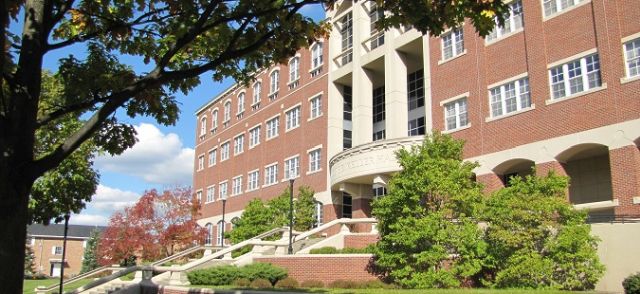Document Type
Article
Publication Date
2008
Publication Source
West Virginia Law Review
Abstract
Although the seeds of democracy and democratic tort reform were sown well before America’s founding, neither began to blossom until after the Second World War. Democratic progress from the 1950s to the 1970s led to, and was in part consolidated by, progressive developments in tort law during the same period. Unfortunately, the last quarter century has been a period of democratic decay in America and just as the revolution in tort law was bound up with democratic progress, the counter-revolution in tort law has tracked and reinforced the waning of American democracy since the 1980s. Although a few authors have touched on the issue, there has been no in-depth treatment of the relationship between tort reform and democratic change in the legal literature. This article takes a step to fill that gap. This article draws on recent literature in economics, political science and democratic theory to demonstrate the extreme degree of economic inequality in America and how economic inequality has led to political inequality, both in terms of having a voice and in terms of being listened to by those who govern. Gross inequality in political voice is bound up with a lack of responsiveness and accountability by the nation’s leaders and this in turn leads to the erosion of government interventions to correct or counterbalance the ever widening gap between the political and economic “haves” and “havenots” in America. Regressive tort reform is a predictable outcome of this state of American democracy. Here, the voices of the majority are not only drowned out by an economically and politically powerful minority, but they are also distorted by a campaign of disinformation driven by that minority, which further skews the political process surrounding this issue. The effects of this distorted process are illustrated by counter-democratic interventions by the Supreme Court, as well as the bulk of tort “reform” efforts since the 1980s, both of which have worked against the interests of the majority of Americans by further entrenching inequality. The article concludes by commenting on recent developments in the area of products liability that suggest that if people see clearly what is at stake in the debate over tort “reform” they may react progressively, putting torts back to work for democracy.
Inclusive pages
647-709
ISBN/ISSN
0043-3268
Document Version
Postprint
Copyright
Copyright © 2008, the Author
Publisher
West Virginia University
Volume
110
Issue
2
Peer Reviewed
yes
eCommons Citation
Roederer, Christopher J., "Democracy and Tort Law in America: The Counter Revolution" (2008). School of Law Faculty Publications. 46.
https://ecommons.udayton.edu/law_fac_pub/46




Comments
Document available for download is the author's accepted manuscript, made available pending permission from the publisher; request documentation is on file.